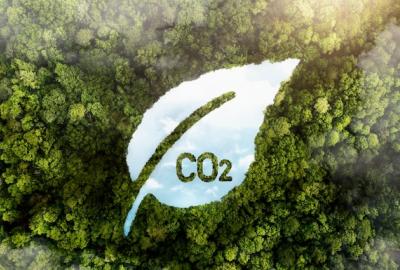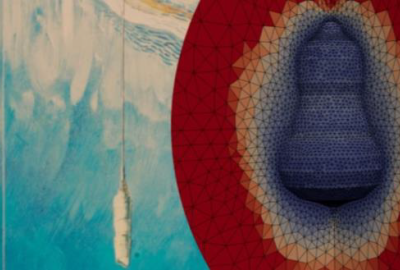MDPI Student Poster Award
The MDPI Student Poster Award is given in recognition of outstanding student poster presentations at the annual InterPore conference. Each year, at the annual InterPore conference, the Honors and Awards Committee will choose the best student poster presentations to win the MDPI Student Poster Award. Up to two awards will be given each year, each consisting of a prize of 500€. Candidates can self-nominate when submitting the abstract to the conference.
Eligibility
Eligibility for the MDPI Energies Student Poster Award is limited to Bachelors, Masters, and Doctoral students who present a poster at the InterPore conference. The work presented in the poster should have been carried out while the nominee was a student. To be considered, the nominee must currently be a student or must have completed her/his degree within one year of the InterPore conference. The poster must be presented by the nominated student.
Topics
All topics relevant to the mission of InterPore and to the study of flow in porous media, broadly defined, will be eligible for this student award.
Sign up for the best poster competition
All registered students who have a poster presentation are eligible to be considered for this award. To sign up, you must indicate during abstract submission that you wish to be included in the competition.
An Evaluation Committee will visit and judge all posters and will select two for the award based on scientific quality and relevance, oral presentation, and the design and structure of the poster.
A word of gratitude:
This award has been made possible by a generous grant from MDPI Energies and MDPI Computation.
Energies (ISSN 1996-1073) is an open access journal and publishes papers on scientific research, technology development, engineering policy and management studies related to the general field of energy, from technologies of energy supply, conversion, dispatch and final use to the physical and chemical processes behind such technologies. Acceptable submissions are reviews, regular research papers, and communications. Our aim is to encourage scientists to publish their experimental, numerical and theoretical results in as much detail as possible. There is no restriction on the maximum length of the papers. Full experimental details must be provided in order for the results to be reproduced. For numerical simulations, an accurate description of methods and mesh sensitivity are mandatory.




























